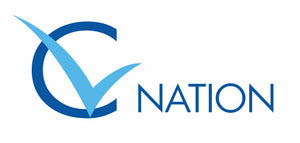During my time as a customer success executive at a company that provides solutions to website owners, I encountered a customer who’s digital product was not working on his website.
This was because his website was not compatible with the solution due various unchangeable coding issues on his website.
I communicated with our Technical department and asked them to create a custom change to the solution, hoping that it would allow the solution to work with the customer’s website.
However, this still did not work.
I emphasised with the customer and, after getting permission from my supervisor, offered him a free two-month trial of one of our other website solutions.
The customer was happy with my offer and left a positive review on the company’s website.
